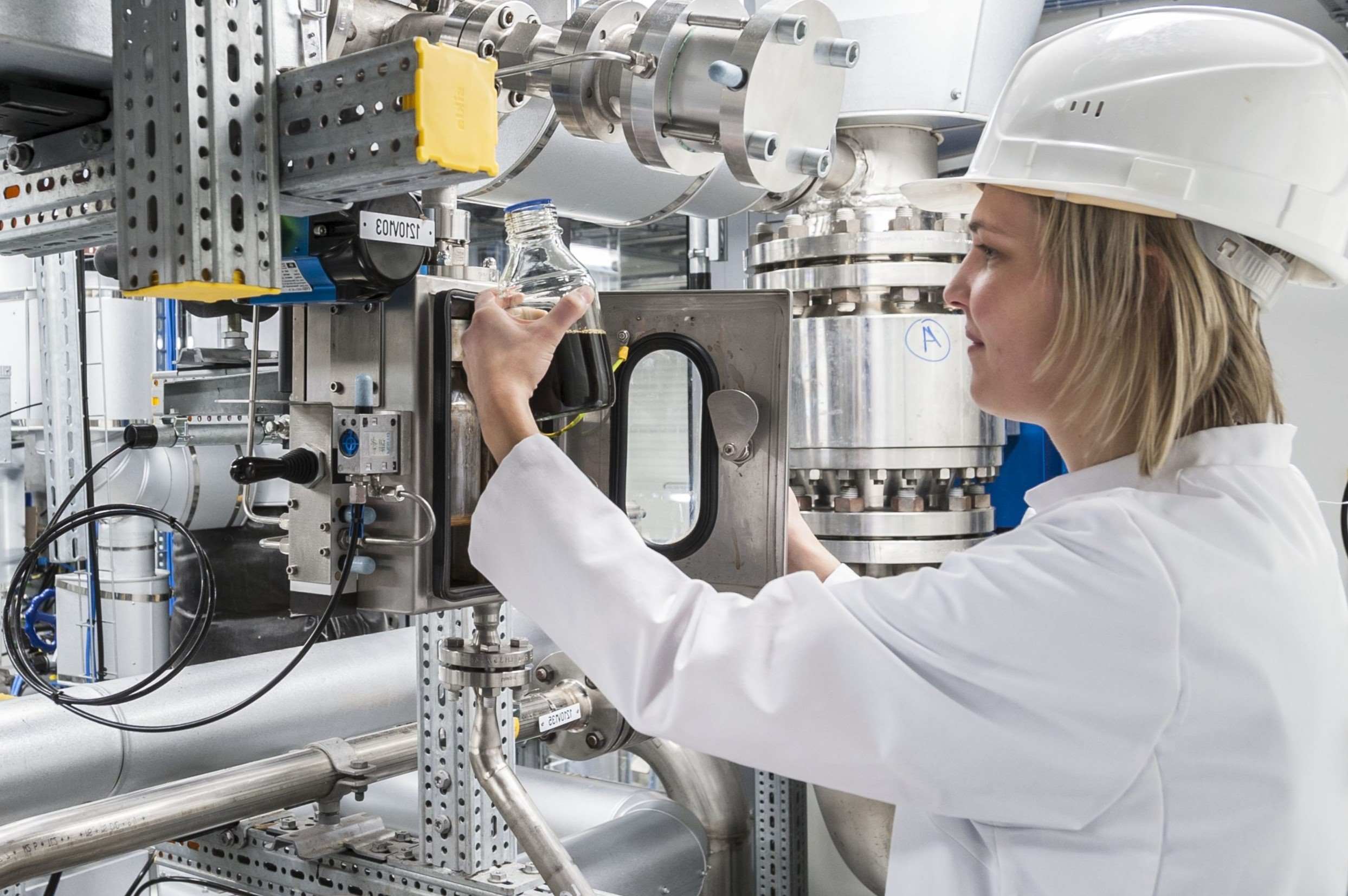
Genetic Linkage Analysis is a powerful tool used to map genes on chromosomes. But what exactly is it? In simple terms, it helps scientists understand how traits and diseases are inherited within families. By studying the co-inheritance of genes, researchers can pinpoint the location of specific genes responsible for certain conditions. This method has been crucial in identifying genes linked to diseases like cystic fibrosis, Huntington's disease, and various cancers. Why is it important? Because it provides insights into genetic disorders, paving the way for better diagnostics, treatments, and even potential cures. Ready to dive into some fascinating facts about genetic linkage analysis? Let's get started!
What is Genetic Linkage Analysis?
Genetic linkage analysis is a method used to study the co-segregation of genes and genetic markers within families. This technique helps scientists understand how traits and diseases are inherited.
- Genetic linkage analysis was first introduced by geneticist Thomas Hunt Morgan in the early 20th century.
- It relies on the principle that genes located close to each other on the same chromosome tend to be inherited together.
- This method is particularly useful for identifying genes associated with inherited diseases.
How Does Genetic Linkage Analysis Work?
The process involves tracking the inheritance patterns of genetic markers and traits within families. By analyzing these patterns, researchers can pinpoint the location of genes on chromosomes.
- Genetic markers are specific DNA sequences with known locations on chromosomes.
- These markers can be used to trace the inheritance of nearby genes.
- Linkage analysis often involves studying large families with multiple affected individuals.
Applications of Genetic Linkage Analysis
Genetic linkage analysis has numerous applications in medical research, agriculture, and evolutionary biology. It helps scientists uncover the genetic basis of various traits and diseases.
- It has been instrumental in identifying genes responsible for cystic fibrosis, Huntington's disease, and other genetic disorders.
- In agriculture, linkage analysis helps breeders develop crops with desirable traits, such as disease resistance.
- Evolutionary biologists use this method to study the genetic relationships between different species.
Techniques Used in Genetic Linkage Analysis
Several techniques are employed in genetic linkage analysis to ensure accurate results. These methods help researchers map genes and understand their functions.
- Lod score analysis is a statistical method used to determine the likelihood of linkage between genes.
- Recombination frequency measures the likelihood of genes being separated during meiosis.
- Haplotype analysis involves studying combinations of genetic markers inherited together.
Challenges in Genetic Linkage Analysis
Despite its usefulness, genetic linkage analysis faces several challenges. These obstacles can complicate the process and affect the accuracy of results.
- Genetic heterogeneity, where different genes cause the same disease, can make it difficult to identify the responsible gene.
- Incomplete penetrance, where not all individuals with a genetic mutation exhibit the trait, can obscure linkage patterns.
- Environmental factors can influence the expression of genetic traits, complicating the analysis.
Advances in Genetic Linkage Analysis
Recent advancements have improved the accuracy and efficiency of genetic linkage analysis. These innovations have expanded the potential applications of this technique.
- Next-generation sequencing allows for the rapid and cost-effective sequencing of entire genomes.
- Genome-wide association studies (GWAS) identify genetic variants associated with diseases by scanning the entire genome.
- Bioinformatics tools help researchers analyze large datasets and identify patterns in genetic data.
Ethical Considerations in Genetic Linkage Analysis
The use of genetic linkage analysis raises several ethical issues. These concerns must be addressed to ensure the responsible use of this technology.
- Privacy concerns arise from the collection and storage of genetic data.
- Informed consent is crucial when involving individuals in genetic research.
- The potential for genetic discrimination by employers or insurers is a significant ethical issue.
Future Directions in Genetic Linkage Analysis
The future of genetic linkage analysis looks promising, with ongoing research and technological advancements. These developments will likely expand the applications and improve the accuracy of this technique.
- CRISPR technology may enable precise editing of genes identified through linkage analysis.
- Personalized medicine could benefit from the identification of genetic variants associated with drug responses.
- Epigenetic studies may provide insights into how environmental factors influence gene expression.
Interesting Facts About Genetic Linkage Analysis
Here are some intriguing facts about genetic linkage analysis that highlight its significance and impact on various fields.
- The first gene mapped using linkage analysis was the white eye gene in fruit flies.
- Linkage maps created through this method have been essential for sequencing the human genome.
- Genetic linkage analysis has helped identify over 1,000 disease-associated genes.
Real-World Examples of Genetic Linkage Analysis
Several real-world examples demonstrate the power of genetic linkage analysis in uncovering the genetic basis of diseases and traits.
- The identification of the BRCA1 and BRCA2 genes associated with breast cancer was achieved through linkage analysis.
- Linkage analysis played a crucial role in discovering the gene responsible for Duchenne muscular dystrophy.
- The study of Mendelian diseases, such as sickle cell anemia, has greatly benefited from this technique.
Genetic Linkage Analysis: The Final Word
Genetic linkage analysis has revolutionized our understanding of heredity and disease. By examining how genes are inherited together, scientists can pinpoint the locations of genes associated with specific traits or conditions. This method has been instrumental in identifying genes linked to diseases like cystic fibrosis, Huntington's disease, and various cancers. It also plays a crucial role in personalized medicine, helping tailor treatments based on an individual's genetic makeup. Despite its complexity, the insights gained from genetic linkage analysis are invaluable. They not only advance our knowledge of genetics but also pave the way for new medical breakthroughs. As technology continues to evolve, the potential applications of genetic linkage analysis will only expand, offering even more promise for the future of medicine and human health.
Was this page helpful?
Our commitment to delivering trustworthy and engaging content is at the heart of what we do. Each fact on our site is contributed by real users like you, bringing a wealth of diverse insights and information. To ensure the highest standards of accuracy and reliability, our dedicated editors meticulously review each submission. This process guarantees that the facts we share are not only fascinating but also credible. Trust in our commitment to quality and authenticity as you explore and learn with us.


